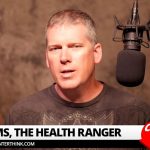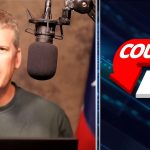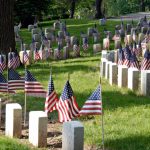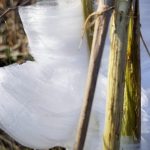
Keeping preparedness simple: Tips from the Health Ranger
Monday, October 16, 2017 by David Armstrong
http://www.mikeadams.me/2017-10-16-keeping-preparedness-simple-tips-from-the-health-ranger.html
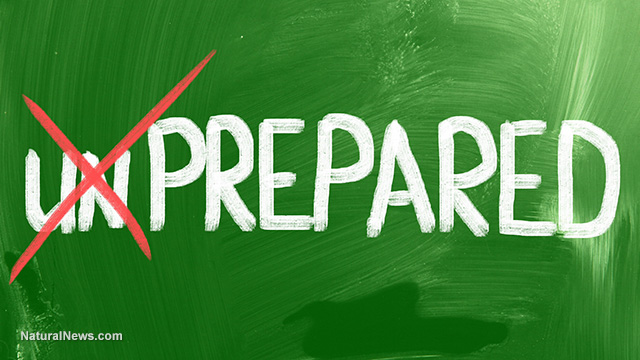
Is survival and preparedness getting too complicated for you? Learn how to keep preparedness simple with these wise tips from Natural News founder/editor Mike Adams, the Health Ranger, and creator of RangerGear.com. “I’ve been a prepper for at least 20 years, maybe even longer, and I live the lifestyle,” Adams says in a recent podcast for TalkNetwork.com. “It’s not just something I do academically.”
That means, for instance, “if the entire power grid went down tomorrow, my lifestyle wouldn’t be any different,” he said. In fact, it might even be a little better, “because I wouldn’t have to post anything online,” he said, jokingly.
As an experienced prepper, then, Adams is in a very unique position of having learned long ago what does work, what doesn’t work, and importantly, how to achieve self-sufficiency effectively, efficiently and simply.
One question Adams says he gets often is, ‘What’s the best prepper book on the market?’ He says it’s the “one that burns the best” because you’re not going to learn everything you need to learn about becoming a self-sufficient prepper from the pages of a book (although it can be a good start). Experience, he says, is the best instructor and, thus, the easiest way to learn.
Having said that, Mike Adams does find prepper reference books very helpful, and he says he has quite a few himself — in particular, medical reference books and others that discuss essential oils, medicinal herbs, emergency dentistry and the like.
“My point is, many people buy ‘how-to’ books but they never, ever read them,” Adams said. “Books don’t work by osmosis, you actually do have to read it, but then, more importantly, to put it in use.
The Health Ranger went on to say that he is also very often told by readers that they feel “overwhelmed” by the notion of prepping — that it seems like perhaps it is too big for them to take on, that there’s so much to learn and do in order to “be prepared.”
In particular, people say that there are “so many categories of things they have to acquire,” Adams said — food supplies (which could take an entire room all by themselves), water, tents, gear, equipment, firearms, medicines, communications systems, power generation and so forth.
It all gets to be too much. People “don’t know where to start,” he said, adding that many people live in cities in small apartments and simply don’t have space to prep.
“Here’s my answer: You have infinite space in your head to learn things,” said Adams, “and what you really need in an emergency is knowledge and skills.”
He said the most important tool is your brain. It enables you to not simply read and absorb information, but to then practice what you’ve learned, becoming more and more skilled as time goes by. (Related: 5 reasons why you’re totally crazy if you aren’t growing your own food.)
“You can start with outdoor skills” like “camping and hiking,” he said, adding in courses on survival skills like “wild edibles harvesting” courses.
Even in cities, you can often book tours with experts who can show you which plants are good for which conditions, which are edible, which are poison, and which ones to avoid.
“You don’t need a single square foot of storage space in your house to have that knowledge,” he said. “If you’re limited on space, start there.”
Many people, he said, have loads and loads of survival gear — too much, in some cases — that they’ve never even tested or used, which actually puts them at a disadvantage to someone who has little in the way of gear but much in the way of knowledge.
There is much more to learn and hear, as Adams has a lot to say about how to simplify your prepping activities. Click below or click here to listen.
Learn more at Bugout.news and NewsTarget.com.
Tagged Under: Tags: books, bugout, Gear, Health Ranger, podcast, preparedness, prepper, Preppers, prepping, survival, survival gear, tips, tools

